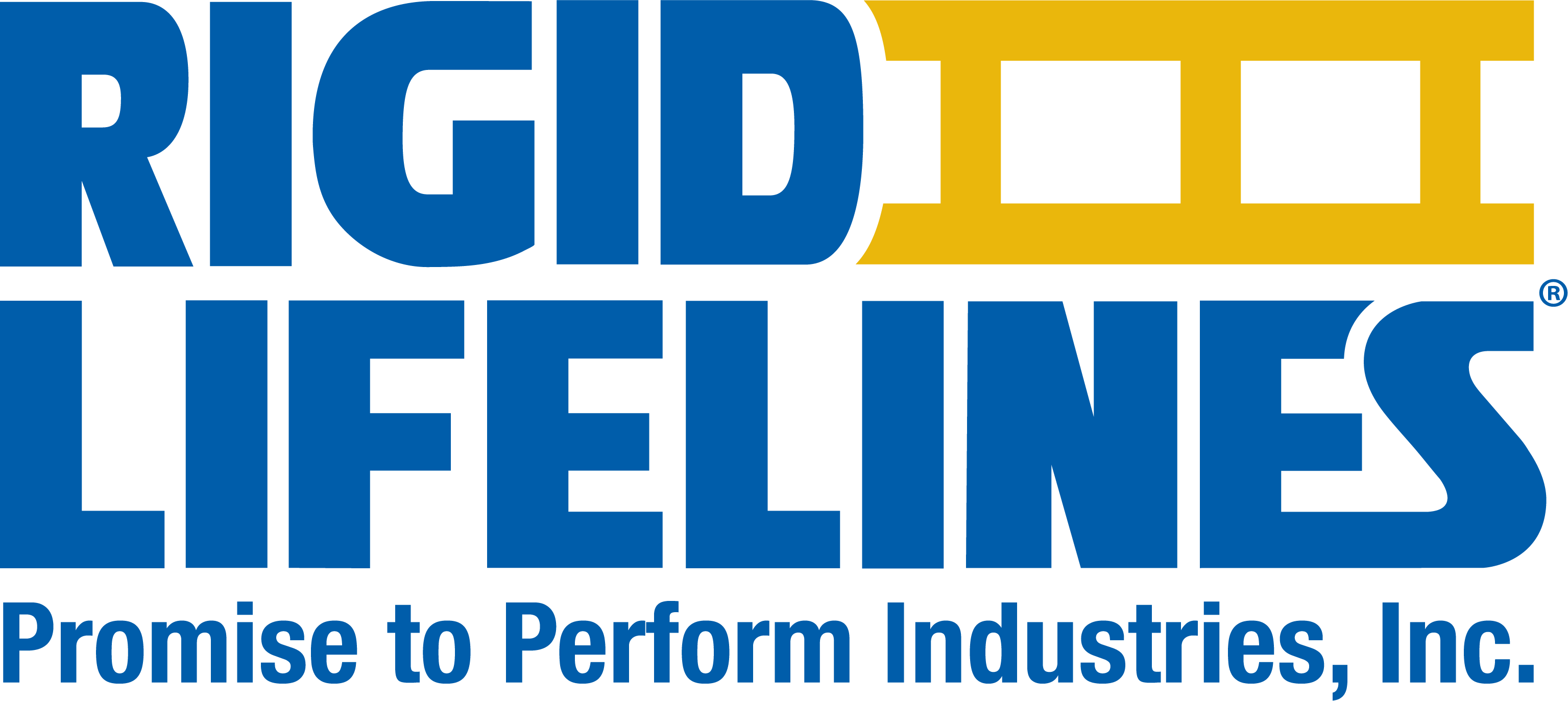Posts by developer
When Body Belts are Acceptable
When fall protection equipment first became part of OSHA’s legislation, there weren’t a lot of specific rules that had been created. At the time that the laws were first initiated, there was very little information available about fall protection equipment. As a result, there was not a thorough understanding about how the equipment would impact…
Read MoreGrain Bin and Silo Safety
Anyone who needs to access grain bins and storage silos should have an overhead fall protection system in place. Grain bins are hazardous because of how they are operated and inspected. Between filling, emptying, and inspecting the materials inside of a storage silo, there are many dangers that await people who are working with grain…
Read MoreGeneral Rooftop Fall Protection Tips
When anyone needs to perform tasks on a rooftop, there are certain things that should be taken into consideration at those heights. Due to the wide variety of fall hazards that are present on the roof of a building, it’s always nice to have a quick reference list of basic rooftop fall protection guidelines. The…
Read MoreRooftop Fall Protection during Hazard Analysis and Installation
Before you can install a fall protection system to reduce the risk of rooftop hazards, a hazard analysis and fall protection system installation must occur. During those processes, there are some general guidelines to follow to reduce the exposure to dangerous situations. By following these basic protocols, everyone involved with the rooftop hazard analysis and…
Read MoreElements of a Fall Protection Program
When workers need to perform tasks at elevation, most safety managers will evaluate the nature of the heights and establish whether or not their employees will need to use some sort of fall protection system. OSHA 1910 requires fall protection in general industry for people who are working at heights of 4 feet or higher.…
Read MoreRESCUE ME! Assisted Rescue vs. Self-Rescue
Rescue planning can be a very tricky part of implementing a comprehensive fall protection program in the workplace. The biggest reason that system rescue is so difficult is because there are an almost endless number of circumstances that can happen in any workplace. A competent or qualified person is responsible for deciding which type of…
Read MoreFall Protection Systems & Return on Investment
When anyone managing a building hears any discussion about fall protection, the first thing that pops into their mind is the cost. This is understandable. The goal of any company is to make money, not to spend it. But, all businesses have unavoidable costs (i.e. overhead) that help them operate smoothly. Unfortunately, the costs associated…
Read MoreSuspension Trauma: Symptoms and Treatment
This blog was originally posted on 12/27/2013 and reviewed on 2/11/2021. Disclaimer: The staff of Rigid Lifelines are not medical experts. If a worker is experiencing suspension trauma, seek medical assistance immediately. Whenever workers need to use fall protection systems to work at height, it is CRUCIAL that a rescue plan is in place. Safety managers…
Read MoreAssisted Rescue Components
All of the information in this blog is in reference to ANSI Z359.4-2007 “Safety Requirements for Assisted-Rescue and Self-Rescue Systems, Sub-Systems, and Components.” The requirements for fall protection and fall arrest devices are a little different than rescue devices. Overall, this can be attributed to the tasks that the equipment performs. Fall protection devices need…
Read MoreHow Do I Protect Workers Over 310lbs?
During the quoting process, there are many different questions that need to be answered. In addition to finding out the general work area that needs to be covered with a fall protection system and what type of system will be best suited to meet the needs of the application, fall protection professionals will need to…
Read MoreSwing Falls: Problems and Solutions
Fall protection systems are a wonderful protection method for people who work at height. But, those systems are only as good as their correct installation and use. When a fall protection system is installed and used correctly, a worker should be able to have their fall arrested with minimal consequences. However, in the event that…
Read MoreEnhancing Your Training Sessions
Many safety training sessions are like watching a cluster of snails move across a deck—it feels like there’s a lot of ground to cover and you’re not sure if everyone will make it to the end. And yet, making a safety training and information session can actually be a fun experience! If you generate a…
Read More